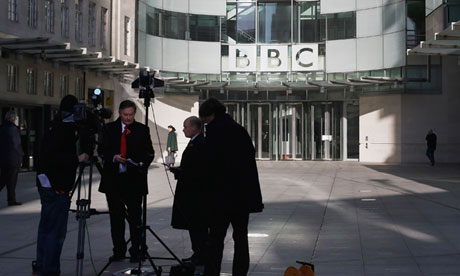UPDATE, FEB 2015: STEPHEN FRY SWEARS DURING BAFTASThe BBC stoutly defended Fry, and the principle of free speech, though said it 'noted' the concerns expressed for this post-watershed swearing. For some, the watershed isn't enough!Before you ask, the Mail was a tad cross at all this, shockingly enough (whilst squeezing in a load of large celebrity pics).
At one point, he told his audience it was “pissing down with stars”. He also introduced Tom Cruise as “Tom f**king Cruise” as he ambled on stage to present an award.
“We received complaints from viewers unhappy with some of Stephen Fry’s language while presenting the Baftas,” a statement on the BBC’s complaints website read.
Attitudes to strong language vary enormously and we considered very carefully how to reflect this.
“Stephen, whose irreverence and style is extremely well-known to viewers, has presented the Baftas for several years. Any strong language was used after the watershed, and there was a presentation announcement at the start of the programme warning viewers that the broadcast would contain language of this nature.
“We accept that some viewers disagreed with this approach, and this feedback has been noted.”
Both the BBC's film ratings and the TV (and radio) watershed face a problem which can be summed up in that one familiar word: digitisation. If young kids can effortlessly access TV or films at any time with any rating, can we really maintain the pretence of control? As more of us timeshift instead of following schedules, the concept gets even weaker.
There are other arguments against a watershed: why should adults, not least those without children, be restricted in their viewing?
The BBC have addressed and acknowledged some of these points, arguing that they provide valuable information so that those parents who choose to can make informed choices - though cinemas don't have any legal wriggle room to let parents/children decide.
Cinemas themselves will surely join any calls for deregulating film controls - they face fierce, intensifying competition from TV and mobile platforms, with TV advantaged by the ease of getting around age restrictions.
Read this article for a debate on the watershed between editors of prominent magazines, Robin Parker (Broadcast) and Boyd Hilton (Heat). Perhaps ironically, given Heat isn't exactly reknowned for classy, child-friendly material (but does attract young readers), it's Hilton who takes the pro-watershed line.
Below the line: an overview of how the Mail, Indie and others reported this story.

